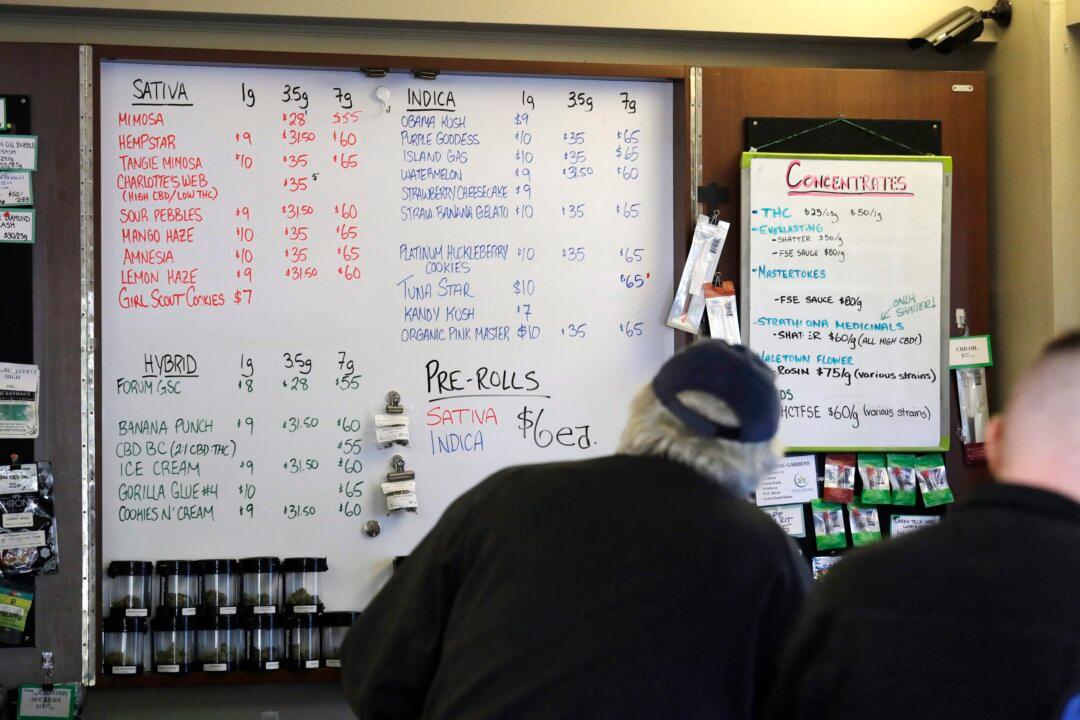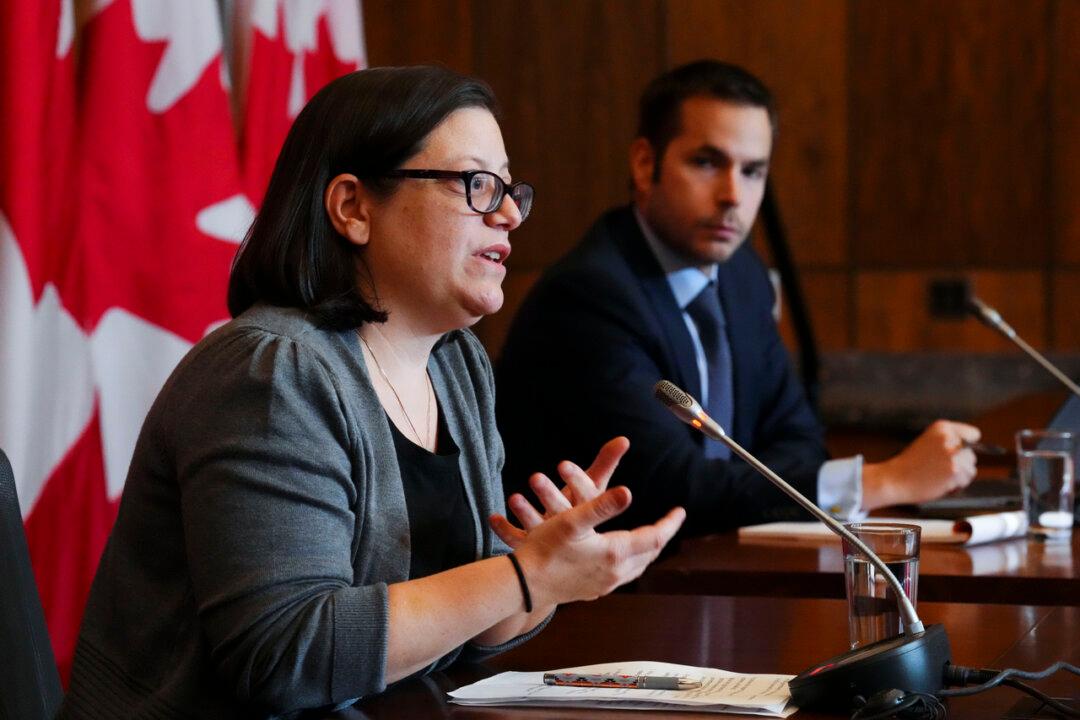A recent government report warned banks, law enforcement, and security agencies to look for suspicious activity related to the “flourishing” illicit cannabis industry after examining around 5,000 suspicious transaction reports.
“Despite the introduction of the Cannabis Act, unlicensed activity related to cannabis continues,” says the September 2022 report titled “Operational alert: Laundering of proceeds from illicit cannabis.”





